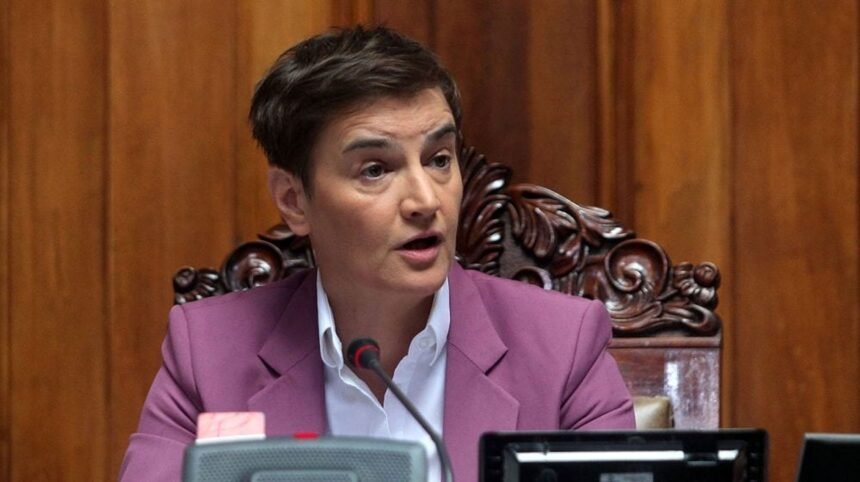Ana Brnabić, Speaker of the Serbian Assembly, sought to calm public nerves over the uncertain future of the Oil Industry of Serbia (NIS), promising that there will be “no nationalizations, no confiscations, no communist nonsense.” In other words, Serbia’s private property is apparently untouchable—unless, of course, it’s convenient to overpay investors for the illusion of stability.
Brnabić’s confident declarations, however, collide with reality: no final decision has been made on NIS, and the government is reportedly waiting for “moves by a third party.” Meanwhile, ministers’ statements hinting at more drastic measures are casually brushed off as “different opinions,” revealing a leadership more skilled in ambiguity than governance.
Her pledge to protect private assets while dangling promises of overpayment for investors reads like a political magic trick: reassure the public, appease foreign investors, and hope no one notices the strategy is still nonexistent.
In the end, Brnabić’s performance underscores the paradox of Vučić-era politics: grand rhetoric, superficial reassurance, and zero clarity for those who actually live under these policies. For ordinary Serbians, sacred property sounds nice in speeches, but in practice, it seems the real asset is simply patience.







